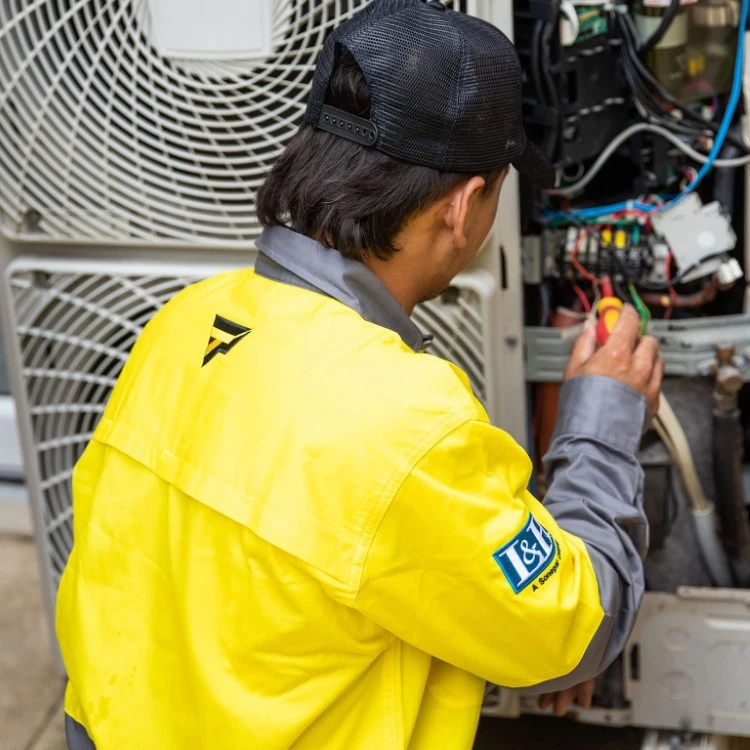Preventing electrical hazards is paramount, and knowing what to look out for can prevent accidents. This article will discuss the top 10 electrical hazards in your home and provide expert advice on how to avoid them.
Overloading Power Sockets: A Dangerous Game
One of the most common electrical hazards in any home is the overloading of power outlets. This can lead to overheating and potentially cause a fire. Make sure that you are using power strips with built-in circuit breakers, and avoid overloading power boards.
Old Wiring: A Hidden Hazard
Outdated electrical wiring can be a serious risk, especially in older homes. Symptoms of poor wiring include frequent circuit breaker trips, flickering lights, and burnt outlets. Hiring a professional electrician to evaluate and possibly upgrade your wiring is crucial for your safety.
3. Faulty Electrical Appliances
Damaged electrical appliances can also pose a significant hazard. Regularly check your appliances for any signs of wear and tear, and never ignore the warning signs such as sparks. Always see to it that repairs are carried out by qualified professionals.
4. Unprotected Electrical Outlets
Open electrical outlets are especially dangerous in homes with young ones. Use outlet covers to safeguard these and avoid accidents like electrical shocks.

5. Improper Use of Extension Cords
Extension cords should only be used on a provisional basis and are not meant for ongoing use. Using too many high-wattage appliances on one cord can result in dangerous heat build-up. Be sure https://jsbin.com/kaduqovodo to select the right cord for the job, and do not running them under carpets or over door thresholds where they can become damaged.
6. DIY Electrical Work
While DIY projects can be appealing, electrical work is best left to experts. Errors in DIY electrical work can lead to severe risks such as fires or electrocution. Always hire a certified electrician for your electrical needs.
7. Water and Electricity Mix
https://squareblogs.net/kevonalavg/2024-guide-to-selecting-a-reliable-electrician-in-perth-what-you-need-to-know-pwwwWater conducts electricity, making it extremely dangerous when combined with electrical sources. Ensure all outlets near water sources are equipped with Ground Fault Circuit Interrupters (GFCIs) to reduce the risk of electric shocks.
Installation Errors with Lighting Fixtures
Poorly installed light fixtures can pose risks. Ensure that all fixtures are securely attached and that the correct type of bulb is used for each fixture to prevent overheating.
The Importance of Proper Grounding
Lack of proper grounding in electrical systems can lead to a higher risk of shock or fire. It's crucial that your home's electrical system is properly grounded, and this should be checked by a qualified https://privatebin.net/?fe38a3c18744054d#5fbAoJkDzXUKsz9a3gGt4YyHMypDBwMoFpyCFDYBEzzs professional.
Disregarding Electrical Codes: A Dangerous Oversight
Neglecting electrical codes can not only result in dangerous situations but also legal issues. Verify that all electrical work in your home meets local codes and regulations, typically enforced to ensure safety.
To Wrap It Up
Knowing and mitigating these common electrical hazards is essential for maintaining a secure home environment. Think about regular https://blogfreely.net/gwaniekfpi/electrical-safety-essentials-top-10-electrical-hazards-in-your-home-hn53 inspections by licensed electricians to ensure your home remains safe.
